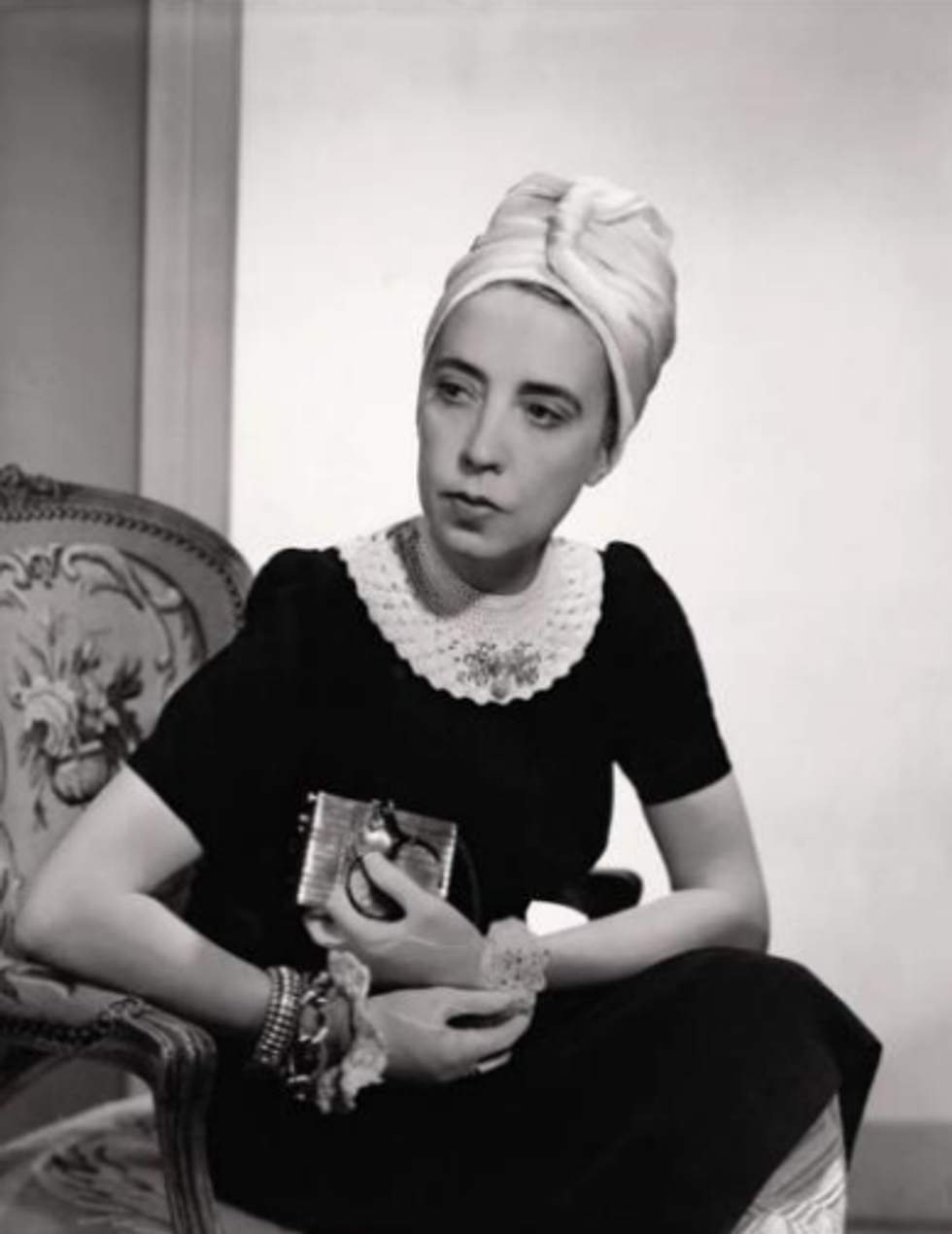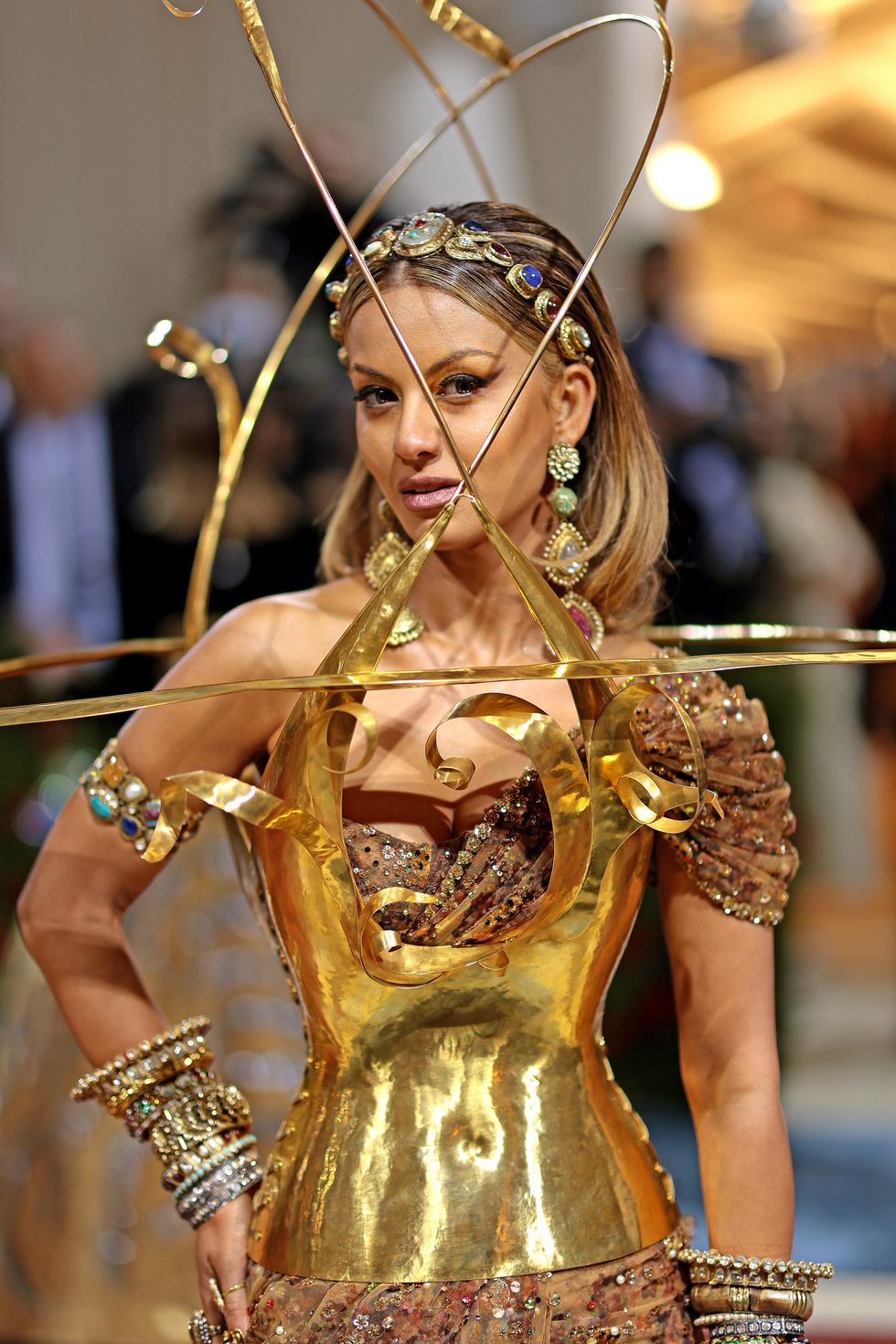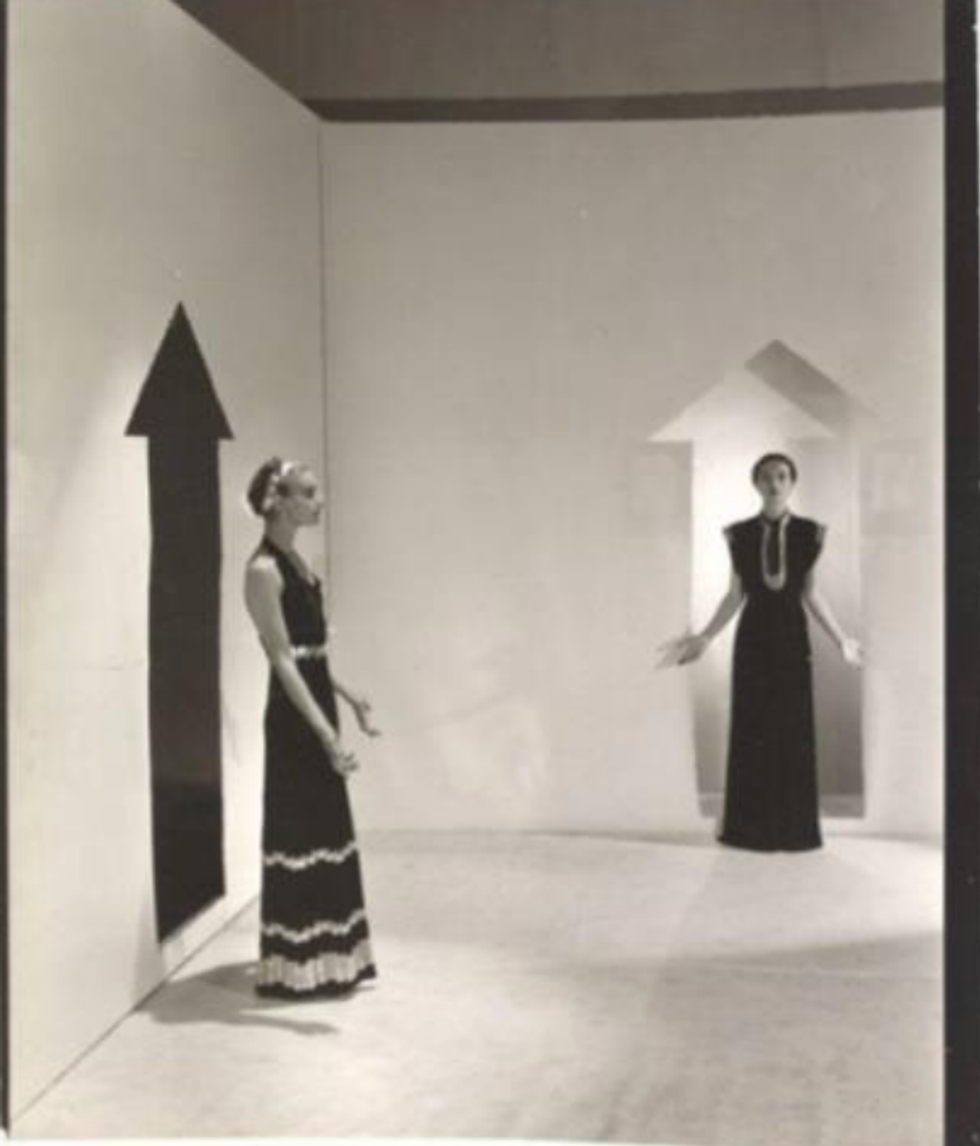MUMBAI INDIANS secured their second Women's Premier League title on Saturday with an eight-run win over Delhi Capitals at the Brabourne Stadium.
A strong bowling performance and a crucial innings from skipper Harmanpreet Kaur helped them claim the title.
Batting first, Mumbai posted 149-7, with Kaur scoring 66 runs. Delhi came close in their chase, with Marizanne Kapp making 40 runs, but they fell short, finishing at 141-9.
Delhi captain Meg Lanning won the toss and opted to bowl. Mumbai had a shaky start, losing two wickets for 15 runs in five overs, with Kapp making an early breakthrough. Kaur and Nat Sciver-Brunt then steadied the innings with an 89-run partnership before Sciver-Brunt was dismissed for 30 in the 15th over.
Amelia Kerr and Sajeevan Sajana fell in quick succession, and Kaur was dismissed in the 17th over. Amanjot Kaur’s unbeaten 14 runs helped Mumbai finish strongly at 149-7.
Delhi also struggled early, with Lanning (13) and Shafali Verma (4) dismissed by the third over, leaving them at 17-2. Jemimah Rodrigues added 30 runs off 21 balls before falling in the 11th over.
Kapp then led Delhi’s chase, scoring 40 off 26 balls, but was dismissed in the 18th over. Niki Prasad contributed 25 off 23 balls, but Mumbai’s bowlers held their nerve to restrict Delhi to 141-9.
Kaur, named player of the match, called the win a "great team effort."
"We fought till the last ball, all about being there and doing the right things again and again," she said.
Lanning said Delhi had a good season but could not "get over the line."
"Another partnership for a couple of overs might have given us a chance. We are all pretty disappointed," she said.
(With inputs from AFP)






 With viral choreography, bold styling, and mass appeal, Jacqueline’s music video appearances have become internet staples
With viral choreography, bold styling, and mass appeal, Jacqueline’s music video appearances have become internet staples These 12 songs reflect how Jacqueline Fernandez has turned dance numbers into viral cultural moments
These 12 songs reflect how Jacqueline Fernandez has turned dance numbers into viral cultural moments









 Vogue 1940; Designer Elsa Schiaparelli wearing black silk dress with crocheted collar of her own design and a turbanFredrich Baker/Condé Nast via Getty Images
Vogue 1940; Designer Elsa Schiaparelli wearing black silk dress with crocheted collar of her own design and a turbanFredrich Baker/Condé Nast via Getty Images 'Tears' Evening dress and head veil, designed by Elsa Schiaparelli, February 1938 for Circus Collection, summer 1938. Fabric designed by Salvador Dali Victoria and Albert Museum, London
'Tears' Evening dress and head veil, designed by Elsa Schiaparelli, February 1938 for Circus Collection, summer 1938. Fabric designed by Salvador Dali Victoria and Albert Museum, London Natasha Poonawalla attends The 2022 Met GalaGetty Images
Natasha Poonawalla attends The 2022 Met GalaGetty Images  Vogue 1936; Two models, standing in a white room with arrows painted on walls and wearing dresses by Schiaparelli;Cecil Beaton/Condé Nast via Getty Images
Vogue 1936; Two models, standing in a white room with arrows painted on walls and wearing dresses by Schiaparelli;Cecil Beaton/Condé Nast via Getty Images


 Sri Lanka's Kusal Mendis celebrates after scoring a century (100 runs) during the match. (Photo by ISHARA S. KODIKARA/AFP via Getty Images)
Sri Lanka's Kusal Mendis celebrates after scoring a century (100 runs) during the match. (Photo by ISHARA S. KODIKARA/AFP via Getty Images)